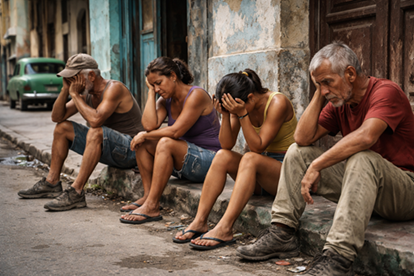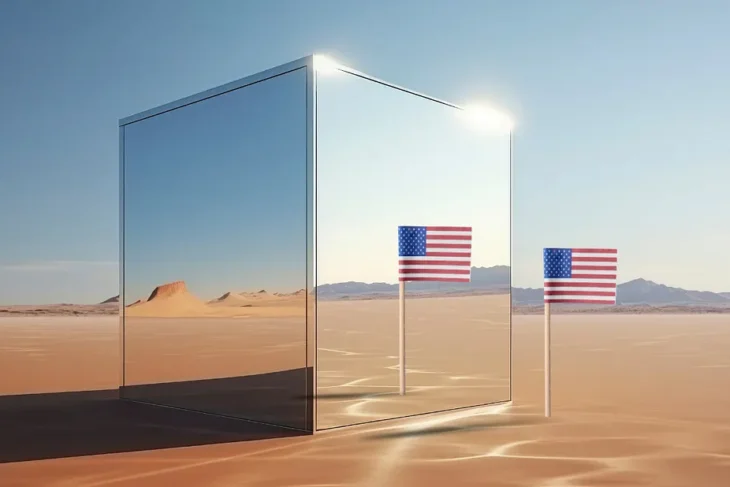
Most of what we understand is formed through perception by our senses and what we perceive is dependent on the refinement of our senses. An artist, for example, has a highly refined sense of sight or hearing and refinement is dependent on both inherent physical sensitivity and, perhaps more so, by the will for that sense to become progressively more refined. Which leads to the questions:
Is our perception of the world formed more by what we know or what we see? Do the traditions of perception, those things that society, teachers, friends or parents tell us, cloud the reality that is there is front of us? Is our experience of life impacted by such blind imitation?
Many years ago, when our daughter was very little, and I was looking for an activity for her, I suggested that we make a drawing of the pumpkin that was sitting on the table. She sat down and, head bent to paper, drew what she knew — a circle with a single line denoting a stem. This process captured my curiosity. I then suggested that we try it again but this time carefully observing every contour, blemish and texture and trying to draw exactly what she saw. The difference between the two drawings was like that of a four-year-old and a 20-year-old art student.
More recently, as I was watching the sunrise inform the glazed white tile of the shower, I wondered how a camera would pick up the reflection so I took a picture and was amazed at the result or, more specifically, the difference between what my eye perceived, filtering reality with stored knowledge, and what the camera, which can only show reality, showed me. It was not just a vague reflection. It was as if I was looking out the window at the trees and the rising sun.
Much of our experience of life is based on the assimilation of information. In school we memorize facts and are tested on our ability to spit them back on demand. Even the experience of religious truth is largely based on the memorization of traditions and formulae. Asking questions, cross referencing experience, and the detached seeking of truth are, alas, not the norm.
So, I ask, how much of our worldview and our experience of life is formed by reality, free from constructs of stored memory and second-hand knowledge which we assume to be truth, and how much is formed by seeing with eyes that are detached and free of judgement and the vagueness of memory? Which of these methods informs our sense of justice?
According to the Baha’i writings, the gift of justice requires that we see with our own eyes and not through the eyes of others and that we know of our own knowledge and not through the knowledge of our neighbour.
Might we not be better served to experience life in a state of conscious awareness of the difference between what we know and what we see?



